-
Improving our memory in educational settings
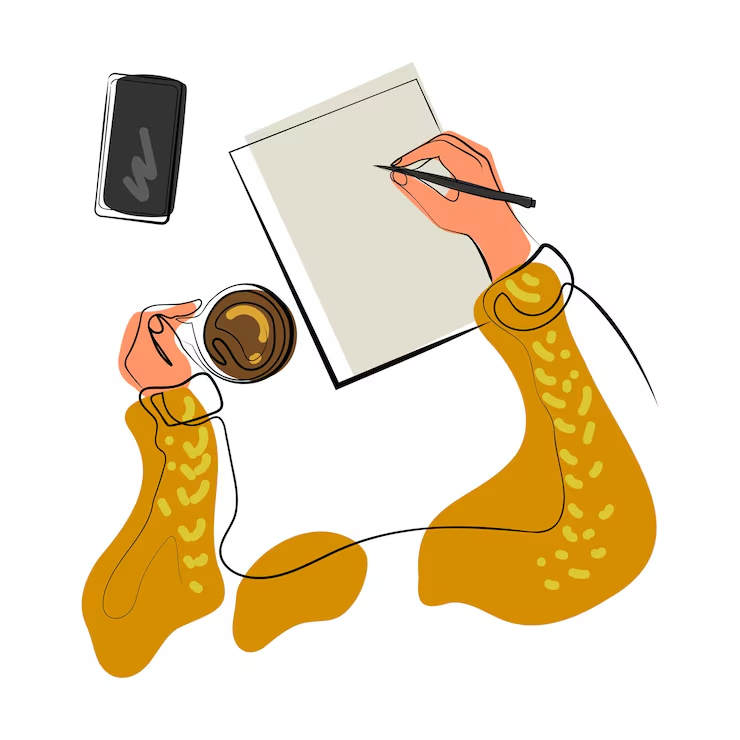
Do you have midterms or final exams coming up? We’ll go through a few different types of studying scenarios together to truly answer the question: How can you optimize your study sessions this semester? Spacing Effect: How often you study matters 1. Studying You have your exam coming up in a couple of days, and…
-
Metacognitive Illusions & The Font Size Effect
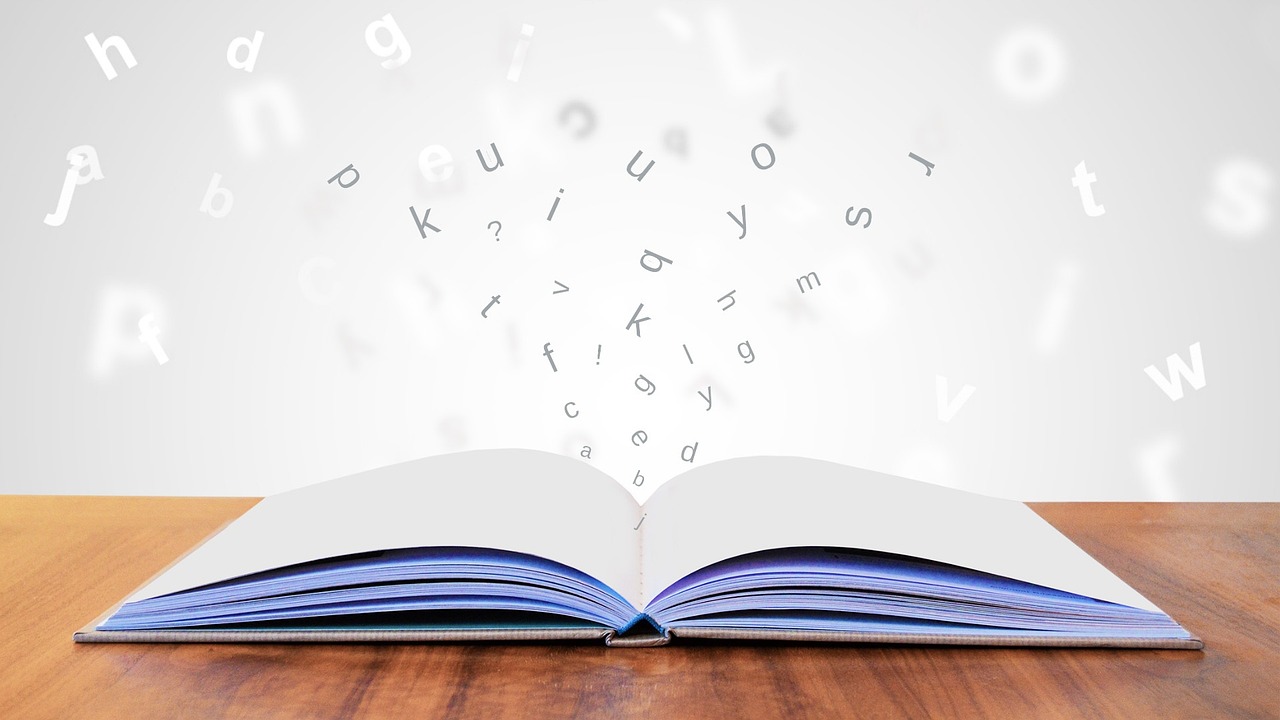
Have you ever done your assigned reading and thought, “I’ll definitely remember this, it’s in HUGE, BOLD LETTERS” and then failed to recall anything on your quiz the next day? This feeling of disconnect between what we think we know and what we actually know can be explained by the human ability to monitor and…
-
The Psychology of Grocery Lists: Why We Forget the Milk

How limited is our working memory capacity? While often described as fixed, research shows its boundaries depend heavily on the factors present during encoding and retrieval. Under the right conditions, we may be able to surpass what once seemed like hard limits.
-
How our perception of time influences the memory of events
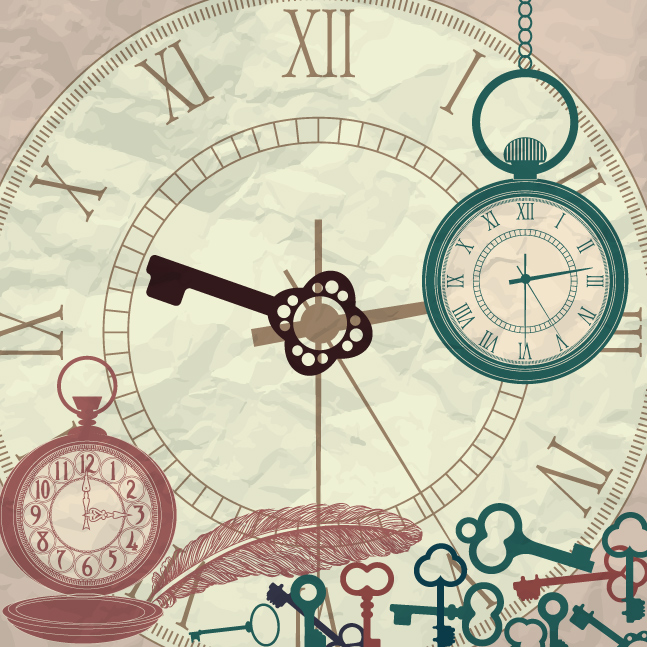
When remembering a moment in life, does it ever feel shorter or longer than what actually occurred? Research shows that our brain’s chemistry might unlock the secret to why this is, and how that influences our memory of the event later on.
-
Trauma and the Brain: How Childhood Experiences Affect Your Memory
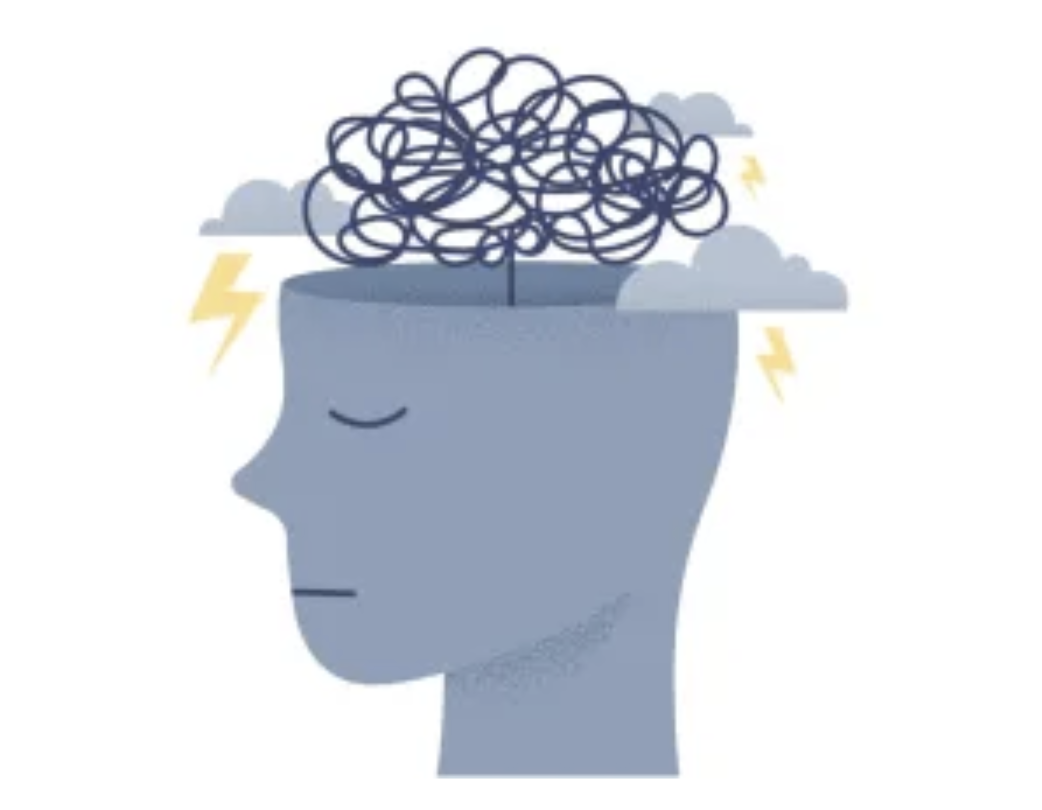
This article delves into the profound impact of traumatic childhood experiences on an individual’s cognition and memory. It discusses how childhood trauma can lead to memory retrieval problems, such as dissociative amnesia, and impairments in working memory, emphasizing the need for effective interventions and therapeutic approaches to assist survivors in improving their mental well-being.
-
Looking Down the Memory Barrel: Does the Weapon Focus Effect Impact our Legal System?

The weapon focus effect can help us understand how people remember highly emotional events. Could this change how we think about eyewitness testimony?
-
Thinking About Thinking: How Metacognition Can Help Your Grades

Have you ever tried to predict the grade you would receive on an exam? If so, how did you do it? The answer is through metacognition. We discuss strategies students can employ to improve metacognitive accuracy and subsequent memory performance.
-
Curious about Curiosity? The Mnemonic Benefits of Curiosity and Its Educational Implications
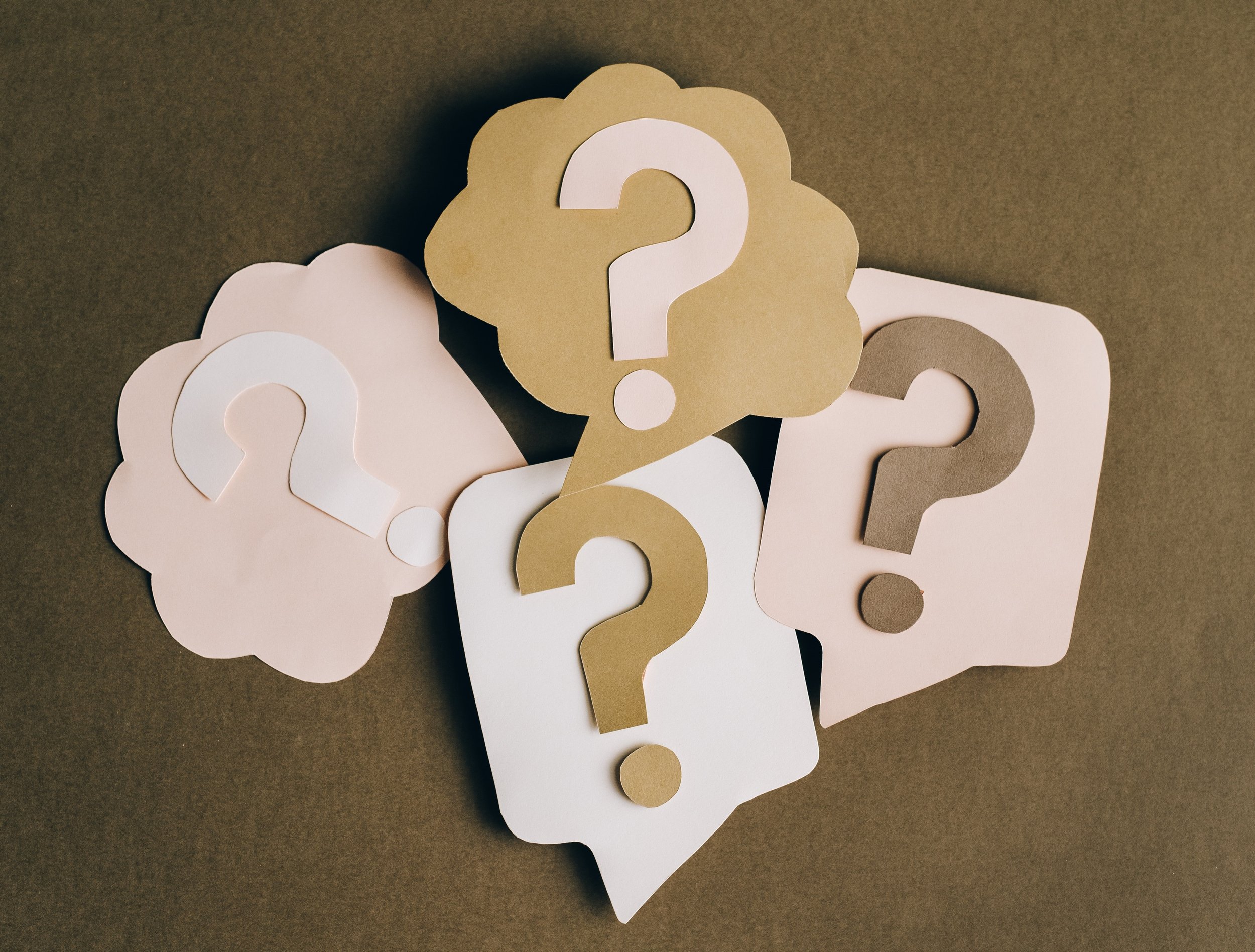
Did curiosity really kill the cat? The idiom “curiosity killed the cat” warns against the danger and misfortune that one’s curiosity can bring, but it turns out that curiosity is more beneficial than you might think.

